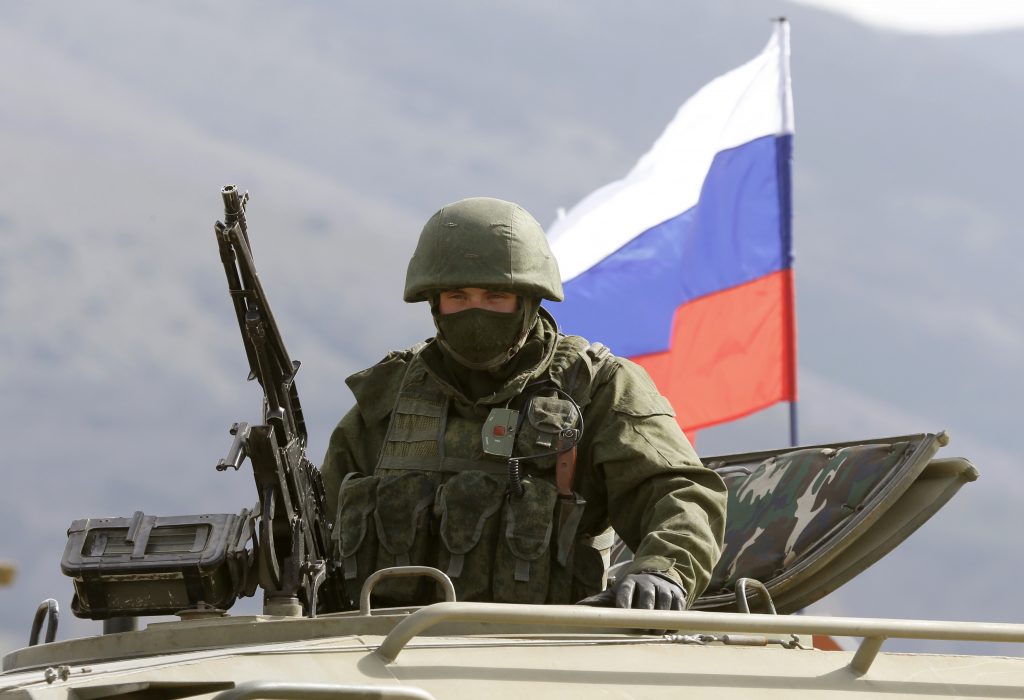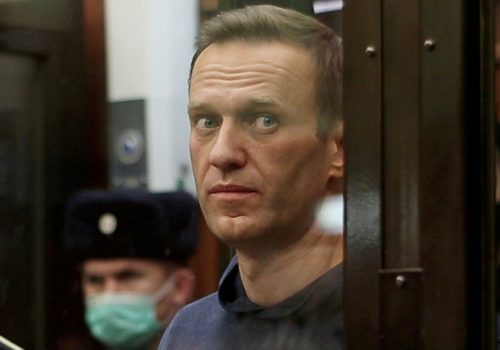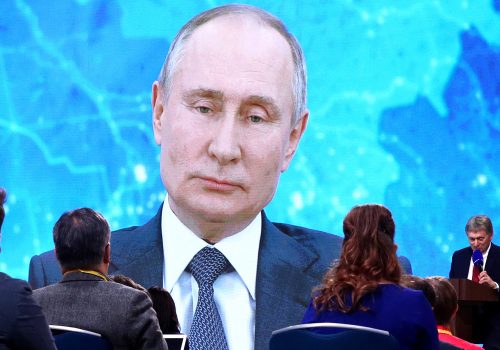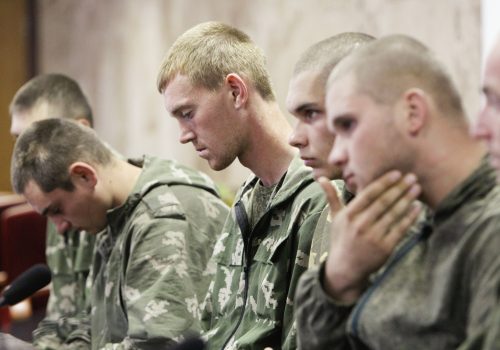According to the Prosecutor of the International Criminal Court (ICC), 26 February, 2014, is the date that marks the beginning of the international armed conflict between Ukraine and the Russian Federation in Crimea.
On this day, violent clashes erupted in front of the Supreme Council of Crimea in Simferopol, where thousands of Crimean Tatars and other advocates of the territorial integrity of Ukraine were opposed by thousands of those who supported Crimea’s accession to the Russian Federation. Two people died, while several more were injured.
If there has been an independent investigation of the causes of deaths and injuries, its results have not been announced to the public. Meanwhile, the consequences for Crimean Tatars have been severe.
Following the Kremlin seizure of the Ukrainian peninsula, Russia’s Investigative Committee initiated a criminal case against the organisers of the pro-Ukrainian protest. Between January and April 2015, eight Crimean Tatars were accused of participation in mass unrest, including a journalist from the Crimean Tatar TV channel ATR and the Deputy Head of the Mejlis (representative and executive body of the Crimean Tatar people).
In April 2015, ATR stopped broadcasting in Crimea. On 15 April 2016, the Russia-appointed prosecutor of Crimea banned the Mejlis as an extremist organization. The decision was eventually upheld by the Russian courts.
This and the many subsequent criminal cases against Crimean Tatars have been viewed as an attempt by the occupation administration of Crimea to punish the Crimean Tatars collectively for their opposition to Russia’s seizure of the peninsula.
Such cases are commonly regarded as political persecution. Meanwhile, Crimean Tatars accused of terrorism, extremism, participation in mass unrest, and similar crimes in Crimea are considered political prisoners. Amid many political declarations in this regard, one strong legal argument is often overlooked, namely the international prohibition of collective punishments.
Stay updated
As the world watches the Russian invasion of Ukraine unfold, UkraineAlert delivers the best Atlantic Council expert insight and analysis on Ukraine twice a week directly to your inbox.
Collective punishments include both criminal and non-criminal measures such as sanctions, administrative practices, harassment, and other types of penalties taken in retaliation for an act committed by one or more persons that are considered to belong to a certain group.
Collective punishments are prohibited under international humanitarian law (IHL) and amount to a war crime according to the Geneva Conventions and customary IHL rules, although are not included as such in the Rome Statute of the ICC.
Examples of acts that have been recognised to constitute collective punishments include massive destruction in a refugee camp in retaliation for a military offensive conducted by a party to a conflict, and the widespread destruction of homes and other civilian structures without a militarily justified reason.
Although the ban on the Mejlis does not reach the same threshold of gravity as the destruction of civilian objects, it does appear to satisfy the definition of collective punishments as a repressive measure imposed by the Russian administration of Crimea in response to the political and civil position taken by Crimean Tatars.
In combination with other relevant legal principles, this may strengthen Ukraine’s arguments before international courts. It could also prove helpful when advocating for sanctions and during negotiations for the exchange of detainees.
Eurasia Center events

Other relevant rules and principles include the prohibition of adverse distinctions of any kind, non-retroactivity of penal law, and the prohibition of punitive measures in respect of events which had occurred before the occupation began.
Considering the European Court of Human Rights ruling that the Russian Federation has been exercising effective control over Crimea since February 27, 2014 (and therefore the situation in Crimea amounts to belligerent occupation), these rules apply to Crimea.
Firstly, the prohibition of adverse distinctions extends IHL protections to the entire population of the occupied territory without any distinction based on race, religion, or nationality. In a rather straightforward manner, it protects Crimean Tatars from any discriminatory practices, including imposition of administrative measures, sanctions, and penalties based on ethnicity or religion.
Secondly, the non-retroactivity of penal law means that provisions of criminal legislation introduced by the Occupying Power may not cover the period before such provision had been enacted. It safeguards the population of the occupied territory from persecution. The principle stipulates that the Occupying Power is absolutely prohibited from accusing or convicting persons of criminal offences for an act or omission that did not constitute a criminal offence at the time it was committed.
Thirdly, the prohibition of punitive measures in respect of events which had occurred before the occupation safeguards civilians, including private individuals and those who carry out public duties, from being punished for acts that took place before the beginning of the occupation if such acts do not violate laws and customs of war.
The jurisdiction of the Occupying Power is limited to the period of an actual occupation and does not cover situations when protected persons helped the troops of their own party to the conflict, belonged to a political party banned by the Occupying Power, or expressed political opinions contrary to those of the Occupying Power.
In the Crimean context, these two principles mean that Crimean Tatars may not be prosecuted or otherwise punished for opposing Crimea’s accession to the Russian Federation or for participating in the protest on February 26, 2014, if the Russian occupation is considered to have begun on the following day.
In sum, during upcoming events to mark the seventh anniversary of Russia’s Crimean seizure, in submissions to international judicial and political institutions, and in negotiations on detainee exchanges, Ukraine should not limit itself to the political arguments questioning the legality of the ban on the Mejlis and the ongoing persecution of the Crimean Tatars.
On the contrary, Ukraine should explore all relevant legal concepts and principles, including the less obvious ones such as prohibitions on collective punishments and punitive measures in respect of events which occurred before the occupation. In this way, Ukraine will be able to strengthen its position and gain the additional support needed to ensure the release of those persecuted for opposing the Russian occupation in Crimea.
Wayne Jordash QC is Managing Partner of GRC. Anna Mykytenko is Senior Legal Consultant of GRC.
Further reading
The views expressed in UkraineAlert are solely those of the authors and do not necessarily reflect the views of the Atlantic Council, its staff, or its supporters.

The Eurasia Center’s mission is to enhance transatlantic cooperation in promoting stability, democratic values and prosperity in Eurasia, from Eastern Europe and Turkey in the West to the Caucasus, Russia and Central Asia in the East.
Follow us on social media
and support our work
Image: A Russian serviceman without insignia pictured during the 2014 Russian military takeover of Ukraine's Crimean peninsula. (REUTERS/Vasily Fedosenko)




